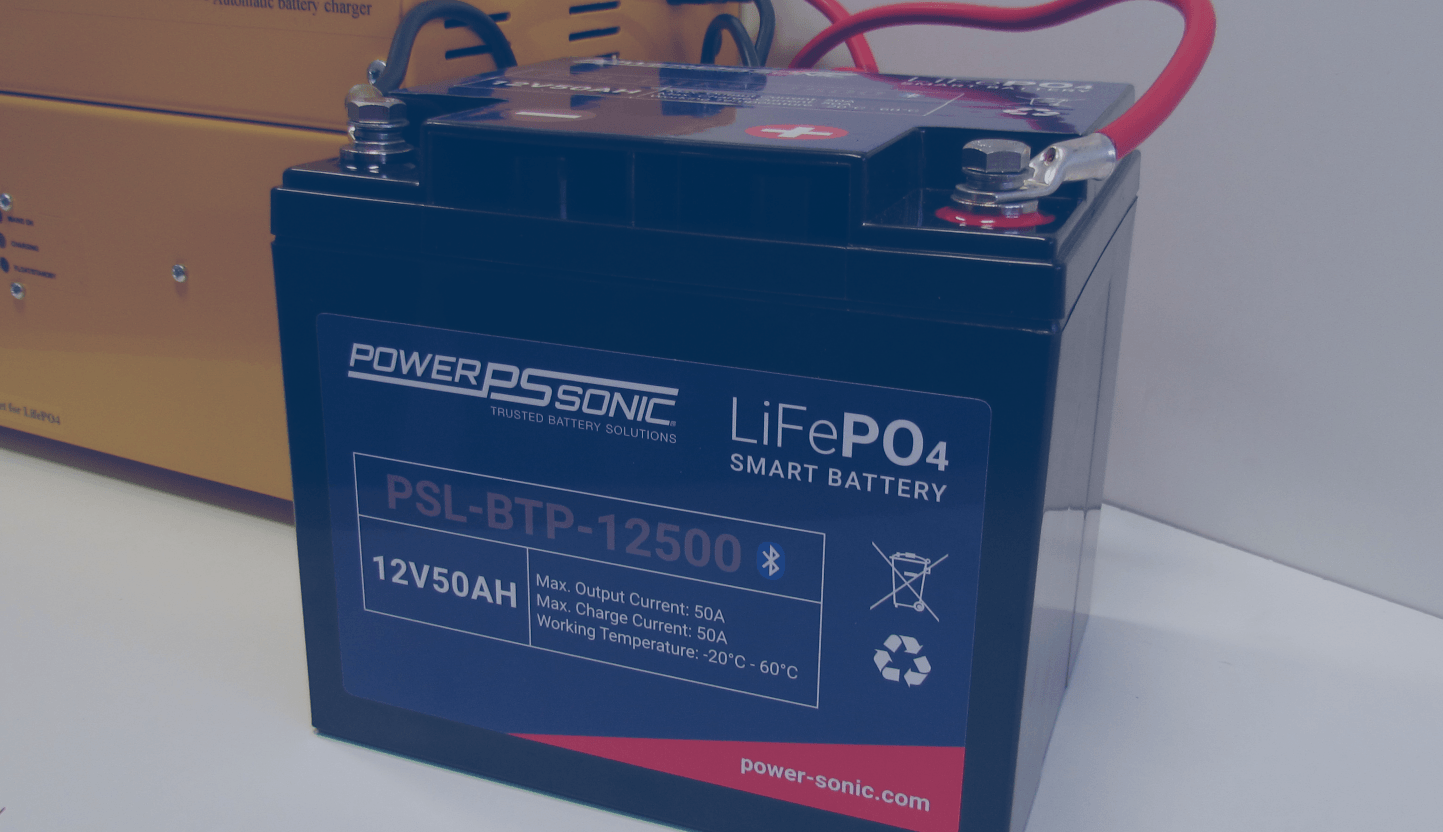As many systems are going remote and mobile, batteries are increasingly becoming very important designs. You need to choose the best one by observing all the 5 design factors in mind. Use the chemistry chart for battery comparison to choose lead-acid, nickel-metal hydride, lithium-ion, or alkaline to fit your needs. Here are the 5 factors you need to check out in your selection.
Energy density
You get the energy density through a comparison of available potential energy to overall system weight. If your application has a higher energy density, the application will have higher potential energy for weight amounts. Low-density energy means the battery will be weighty, and its power will be less.
Power density (current availability)
Devices with high densities mean they can maintain high draws of current for a long time. The duration here is more than several milliseconds. You need to go for a battery with a high-power density to power well all your applications.
Durability
The external physical factors can affect your battery performance to a great extent. Diverse battery chemistries become susceptible more than others. The factors that affect these diversities are temperature, humidity, impact, magnetic fields, and vibrations. These factors like very low temperatures can affect the battery cell's life. Humidity and water presence can affect battery terminals to affect the battery performance.
Lifetime
Two key factors affect the battery's lifetime. They include the total life and the charge life. The total time amount that the potential energy stays in a battery and does not trick out is the charge life. The total charge cycle number that the battery can support is the total life. A good battery can have between 500 to 100 charge cycles before it starts to depreciate and start performing poorly. A better battery with a good charge life will lose only 5% of its power in the first four hours after charging, but the drop will reduce to 1% monthly. It will thus take more time to lose up to 50% of its initial power charged. A good battery would have high total life and charge life to prove it will serve your intended purpose well.
Battery memory
All batteries behave as if they got trained not to hold the exact total available. The training seems to have made them start storing less voltage than the total charge made. Using their full charge to 40% several times, Nickel-metal hydride batteries will then start holding only 60% of the intended capacity charge.
You need to be keen on how you treat your battery while charging and after. Always charge it to 100% before using it and recharge once the power capacity drops to the level that it can't support your applications.
Conclusion
Once you dwell and observe the above 5 guidelines in your battery selection criteria, you will land on a good battery that will serve you well. Always choose lifepo4 battery manufacturer that clearly explains the above five points well.


